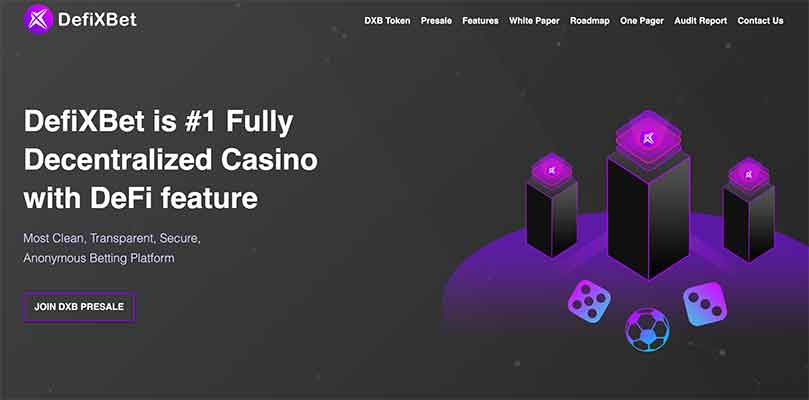Ohio has recently sent a strong signal to the crypto gambling world, issuing cease-and-desist orders to Kalshi, Robinhood, and Crypto.com for allegedly offering unlicensed sports betting. According to the Ohio Casino Control Commission (OCCC), the event contracts from these operators are essentially sports wagers, which require licensing under state law.
The developing DeFi betting sector, including platforms that use blockchain technology to provide decentralized betting products, will want to take note of the OCCC’s judgment as a warning. It is very evident from Ohio’s position that crypto gaming sites might soon have to adhere to the same regulatory standards as regular sportsbooks.
According to OCCC Executive Director Matthew Schuler, buying contracts to predict the results of sporting events is the same as making a regular wager at a sportsbook. The distinction, however, is that these platforms do not comply with Ohio’s legislative criteria for consumer protection, such as accessibility to underage users.
Should We Expect a Fight?
Traditional state-regulated sectors and decentralized finance (DeFi) systems are becoming more and more at odds, and this regulatory action may point to a battle. This may already have started.
While Kalshi has already faced similar actions from Nevada and New Jersey, Ohio’s involvement marks a new and significant turn. Not only is Kalshi’s struggle against state authorities important for the platform, but it is also substantial for the broader cryptocurrency gaming market.
The platform’s leadership has maintained that state gaming authorities do not have authority over its event contracts, but rather the federal agency in charge of financial products, the Commodity Futures Trading Commission (CFTC). It is key for the business that financial goods remain differentiated from gambling.
Should Kalshi emerge victorious, it may clear the way for cryptocurrency platforms to keep providing event contracts, evading the requirements of specific state gaming laws. But if the courts agree with Ohio and other state regulators, platforms that combine crypto with betting will be subject to more scrutiny. This might lead them to restructure their operations to comply with local regulations or rethink their business models to avoid being classified as traditional sports betting.
Broader Implications
The outcome of these discussions will determine the long-term viability of DeFi betting in Ohio. Insiders and crypto fans alike can see that these regulatory steps will have far-reaching consequences. The industry’s response is already quite mixed especially with traditional gambling platforms eyeing the lucrative crypto sector. For now, we will need to wait out the legal battle.

